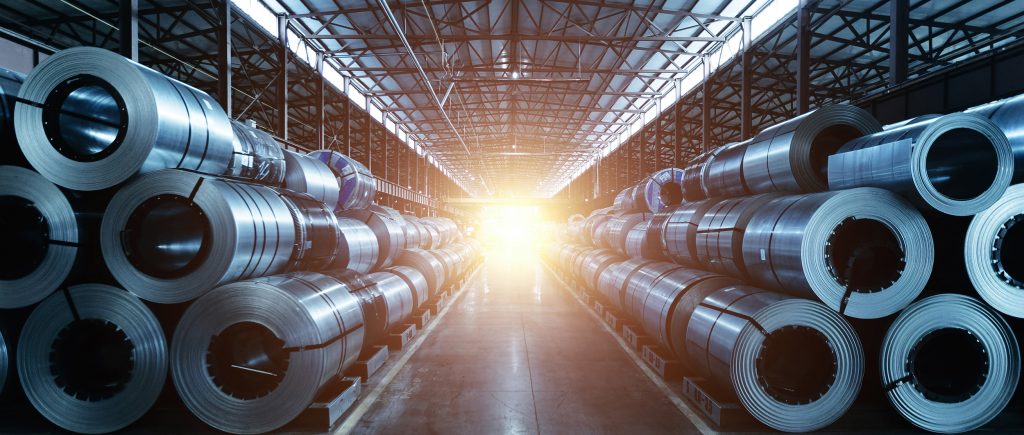The European Union (EU) has vowed to respond to the 25% tariffs announced by President Donald Trump on steel and aluminum imports, escalating a potential trade dispute with one of Washington’s closest allies. European Commission President Ursula von der Leyen expressed deep regret over the US decision, stating that unjustified tariffs on EU exports would not go unanswered and would trigger firm and proportionate countermeasures.
Tariffs and Trade Disputes
President Trump’s complaint that the EU treats the US “very unfairly” and his frequent citations of the bloc’s trade surplus with the US as a reason for punitive measures have led to the imposition of new rates, set to take effect on March 12. The European Union has prepared multiple lists of American goods for retaliatory tariffs, modeling various possibilities depending on the initial US actions. The EU could move quickly by re-applying duties first imposed during Trump’s first term.
EU trade ministers will hold a video call to discuss their next steps. German Chancellor Olaf Scholz emphasized that if the US leaves the EU with no other choice, the bloc will react as one, leveraging its strength as the largest market in the world with 450 million citizens.
Economic Implications
Trump portrayed the tariffs as measures to bolster domestic production and bring more jobs to the US, warning that the rates on metal tariffs might increase further. The US president reiterated his threat to levy reciprocal tariffs against countries that impose levies on US imports, mentioning potential sectors such as cars and semiconductors.
The fight over American metals tariffs began in 2018, during Trump’s first term, when the US hit nearly $7 billion of European steel and aluminum exports with duties, citing national security concerns. The EU retaliated by targeting politically sensitive companies with retaliatory duties on products ranging from motorcycles to jeans, agricultural goods, and apparel. A temporary truce was agreed upon in 2021, with the US partly removing its measures and introducing tariff-rate quotas, while the EU froze its restrictive measures.
Strategic Responses
A European government official indicated that unfreezing the suspended tariffs could be done quickly. The EU is prepared to act smartly and swiftly to ensure the US understands that actions have consequences. The suspension of previously adopted retaliation measures should be lifted as a first step, followed by consultations on additional retaliation lists that consider the broader impact of the new measures.
Von der Leyen affirmed that the EU would act to safeguard its economic interests, protecting its workers, businesses, and consumers. In 2022, the EU exported 3.8 million metric tons of steel and 289,000 metric tons of aluminum to the US.
Global Reactions
Trump’s move comes ahead of a visit from Indian Prime Minister Narendra Modi. India, a steel supplier to the US, has been urged by the Indian Steel Association to take diplomatic action to secure exemptions from US trade restrictions. The US relies heavily on aluminum imports to meet domestic demand, with significant supplies coming from Canada, the United Arab Emirates, and China. In 2023, net imports of aluminum reached more than 80%, according to Morgan Stanley.
Canadian Minister of Innovation, Science and Industry, François-Philippe Champagne, condemned tariffs on Canadian steel and aluminum as unjustified, highlighting the support these industries provide to key US sectors such as defense, shipbuilding, energy, and automotive. Trump’s agenda to revive US steelmaking has been a potent political promise, particularly in Rust Belt states like Ohio and Pennsylvania, which have experienced a decline in industrial manufacturing jobs. While the United Steelworkers union endorsed his general-election rival, former Vice President Kamala Harris, many local chapters backed Trump.

 Noor Trends News, Technical Analysis, Educational Tools and Recommendations
Noor Trends News, Technical Analysis, Educational Tools and Recommendations




